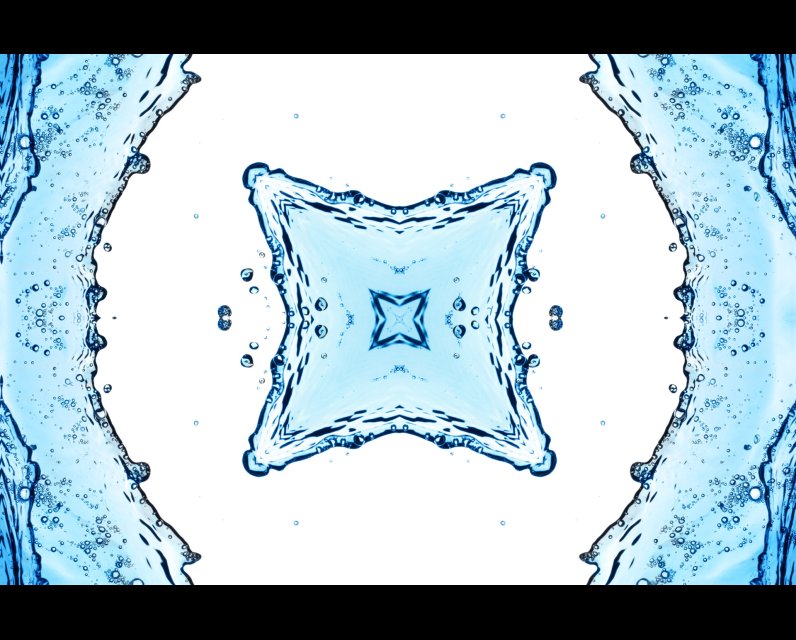Unpublished Opinions
Carter Vance is studying in the Social Work program at Algoma University, holding an Honours B.A. in Psychology from the University of Ottawa. Carter has been active on a number of social and politics issues, from interning on Parliament Hill to frontline work with organizations serving the socially marginalized. His main areas of interest are social program design, political economy and poverty and homelessness prevention. He has previously written for The Moderate Moose and the Algoma Sentient and hosts the Canadian and international politics podcast The Affair's Current (http://theaffairscurrent.blogspot.ca/)
Liberals Have a Clear Choice on Clean Water

With Justin Trudeau’s cabinet now fully sworn-in and the pomp and circumstance out of the Ottawa air, the brass tacks of governing start to come in full force. In this respect, the most unenviable job in the cabinet has, perhaps surprisingly, gone to longtime Toronto-St. Paul’s MP Carolyn Bennett, who takes on the newly renamed Indigenous and Northern Affairs portfolio. Though one cannot help but be at least slightly cheered by the symbolism of that name change, and Bennet’s being sworn in holding a Metis sash and an eagle feather, symbolism is the cheapest form of political action. Any signaling that Bennett’s approach to the weight of history her new role carries will differ from the combination of dismissive and bellicose perused by her immediate predecessors ought to be welcomed, but it must be accompanied by concrete planning and investment. The term “nation-to-nation relationship” has become the de rigeur goal for politicians and policymakers of a progressive bent, despite being quite ill-defined in terms of actual implications. If taken literally, this would imply a break from the vast majority of Canadian history since contact and colonization, and the more cynical amongst us may be forgiven for taking an askance view towards this rhetoric. With that said, much room for action between the wholesale end of colonialism and the current shameful deprivation of the First Peoples of this land exists. From calling an inquiry on missing and murdered indigenous women to fully honoring treaty obligations in relation to education, Ms. Bennet has nothing if not surfeit of options for a show of good faith. An inquiry would take time to reach policy recommendations from its findings, however, and treaty and land claims are complex legal processes often drawn out over months and years. Something that should not be nearly so complicated, though, is that every person in Canada should be able to get a clean glass of water in their homes. If Bennett and her fellow members of the new government are serious about forging a new relationship with indigenous peoples in this country, they ought to commit now to having concrete plans in place to have clean water on every First Nations reserve by the end of their current mandate.
It ought to be a shame upon our national character that, in a country as rich as we are, tens of thousands of our fellow citizens live under essentially permanent boil-water advisories. The numbers vary from month to month, but, in October of this year, for example, about 93 First Nations communities were under a boil-water advisory, and more than that experienced some issues with on-reserve water quality. These are not places half-a-world away, the stuff of NGO fundraising appeals and heart-tugging television commercials (not to take away from the necessary work of water sanitation and provision in the developing world), these are our own backyards, and we ought to recognize our responsibilities as such. The objection is often raised that many reserves lacking clean water are quite remote and therefore present a logistical challenge in delivering this service. Though this is in some areas true, it is firstly not an excuse for inaction (if permanent, sophisticated scientific research facilities can exist in Alert, surely the people of Kashechewan can have basic water sanitation), and secondly not even wholly accurate.The community of Shoal Lake in Manitoba presents a particularly vivid example of this, having itself been under a boil-water advisory for 17 years despite the fact that it is very close to Winnipeg and provides the city’s drinking water supply. In these cases, the only barrier seems to be a deadly combination of public indifference and poorly-designed policy.
Plans must be designed in collaboration with the involved communities, in a way that maximizes employment and training opportunities for affected First Nations, with procurement done locally where possible. One of the key mistakes in previous strategies designed to address this crisis is that causes and solutions have been treated in a homogenous, top-down manner, with funding allocated for particular purposes in a block-based fashion. Investing in technical training for locals or in upgrading treatment facilities might be a good idea for some communities, but others’ needs may be more in the realm of weatherization or dealing with permafrost effects. This allocation process often resulted in money being misspent or improperly allocated, or some cases being appropriated but not spent because particular program requirements were not met. This speaks to the need for a broad-based, collaborative and, yes, open-ended approach which brings together the key stakeholders (INAC, the First Nations and the relevant provincial public health/environment agencies) to outline in plain language who must do what. Hard targets need to be set for progress, with penalties for contractors and other partners who do not live up to their commitments. In short, these situations should be treated as the urgent emergencies that they are.
As with many things in Canadian policymaking, though with particularly tragic results in this case, there is no shortage of buck-passing between various levels and agencies of government, which any government serious about ending this crises must stop. The most straightforward way of doing this would be to streamline all current INAC funding for sanitation infrastructure into one monetary pool (let’s call it the Clean Water Fund), which could then be drawn from to finance any type of project working towards these goals. As well, current infrastructure program policies requiring roughly 20% funding from First Nations themselves should be lifted in cases of existing boil advisories or where one is extremely likely to occur. Though the principle of contribution remains sound in theory, leaving people to suffer simply because of a bureaucratic hurdle is the height of irresponsibility. If concerns exist about potential financial mismanagement, they should be dealt with after clean water is flowing. Canadians would not stand for this sort of dilly-dallying with a life-essential good in a major population centre, and it should be no different in the case of these reserves.
The weight of historical and ongoing deprivation, racism and colonial policy hangs heavy over any discussion of these issues. Frankly, there are a set of reasons which I don’t think need to be much elaborated upon why the Walkerton tragedy contributed in large part to the downfall of a provincial government and Shoal Lake, Rankin Inlet and others are greeted with a generalized indifference. However, I do also think that we can be better than our history would suggest, and that Ms. Bennett has the opportunity in the current moment to be that better. Whilst campaigning, Justin Trudeaurepeatedly promised to end boil-water advisories on reserves within 5 years of taking office. A concrete commitment that all communities will have plans in place to end this blight on our national character, to make sure once and for all that every person in Canada will have safe drinking water in their communities, by 2020 at the very latest, would go a long way to demonstrating seriousness about reconciliation. A great many issues would still need to be resolved and to be healed, but this is one where the time for talking has long passed, and the time for commitment to action is imminent.



Comments
Be the first to comment